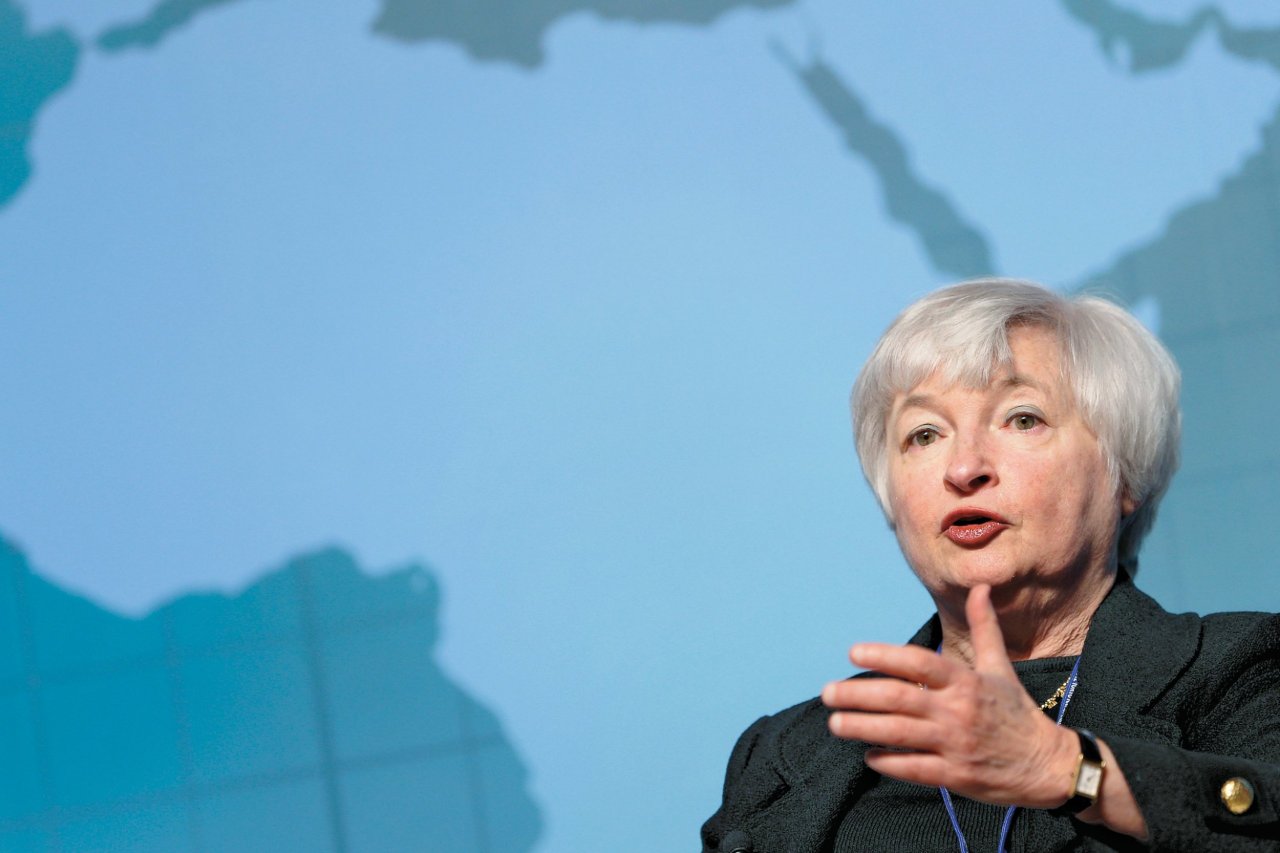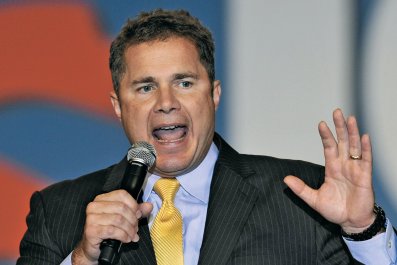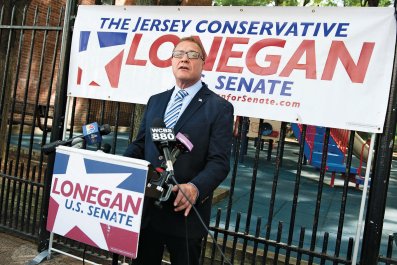On Monday Larry Summers, the economist with the larger-than-life résumé (Harvard president, Treasury secretary, White House adviser, all-around genius), publicly bowed out of the race to succeed Ben Bernanke at the helm of the Federal Reserve. With both Republicans and Democrats in the Senate announcing their opposition, Summers realized that "any possible confirmation process for me would be acrimonious," as he wrote in a letter to President Obama. That seemed to clear the way for Janet Yellen to assume in a few months' time one of the world's most thankless jobs.
Her emergence as the frontrunner is the rare Fed-related phenomenon that could please both progressives and Wall Street. Markets rallied on the news, while the 400-plus (mostly left-of-center) economists who had just penned a letter urging Obama to appoint her rejoiced. Yellen hasn't been a fixture on CNBC. She is much more in the mode of Bernanke—a quiet academic—than in that of his two predecessors, Alan Greenspan (ideologue and political operator) and Paul Volcker (swashbuckling banker and government official). But she ticks a bunch of boxes that make her appealing to the left. She had a classic Clintonite/Obamaite résumé, Brown undergraduate (1967) and Yale Ph.D. (1971), before taking faculty posts at Harvard and later Berkeley. Her husband, George Akerlof, is a Nobel Prize–winning economist and progressive icon. Together they've authored papers on labor markets. During the Clinton years Yellen served stints in Washington as a member of the Federal Reserve's Board of Governors and as chair of the White House Council of Economic Advisers. In 2004 she was named president of the San Francisco Federal Reserve bank, and in 2010 she came to Washington to serve as vice chair, i.e., Bernanke's deputy.
In recent years, as the Federal Reserve rescued the economy and then tried to nurse it back to health by intervening in markets and purchasing a massive number of bonds, the institution has become a polarizing political force. Tea Party types can't abide the Fed's willingness to conjure new money into being. Progressives are furious that the Fed has been incredibly committed to one component of its dual mandate (combating inflation) while failing to rouse itself much about its second component (promoting full employment). But Wall Street has generally been enthusiastic about the central bank's efforts to stimulate the economy through buying bonds. Suppressing interest rates has been a godsend for corporations—they're able to borrow for close to nothing, and investors frustrated with low-yielding bonds have plowed cash into stocks. In Wall Street's view, Yellen was far more likely than Summers to continue that stimulative policy.
Centrists and people who have nothing to do with Wall Street should also be pleased with Yellen's emergence. She possesses a capability that is vital for a central banker but that has been in rare supply: foresight. The crises were noteworthy not just for the size and severity, but also for the fact that so many of our chief prognosticators (including Greenspan and Bernanke) utterly failed to see them coming. Yellen, as her supporters note, warned of a real estate bubble as early as 2005.























